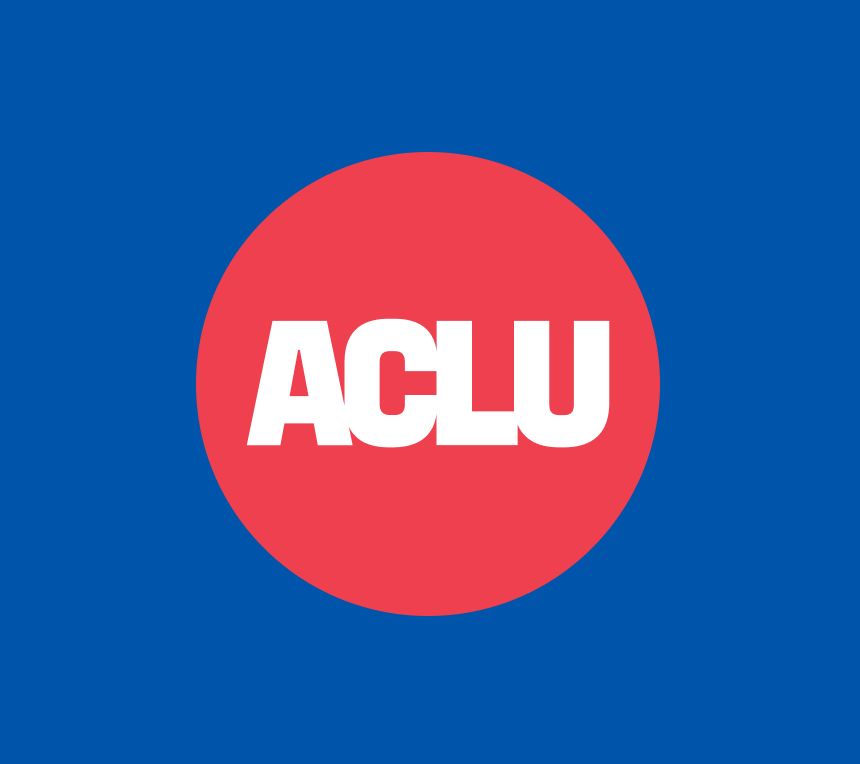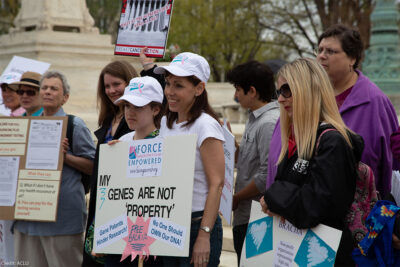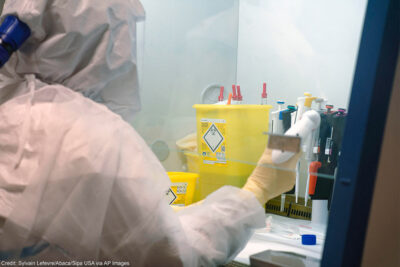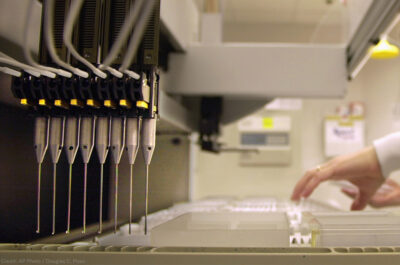Gene Patenting
The ACLU works in courts, legislatures, and communities to defend and preserve the individual rights and liberties that the Constitution and the laws of the United States guarantee everyone in this country.
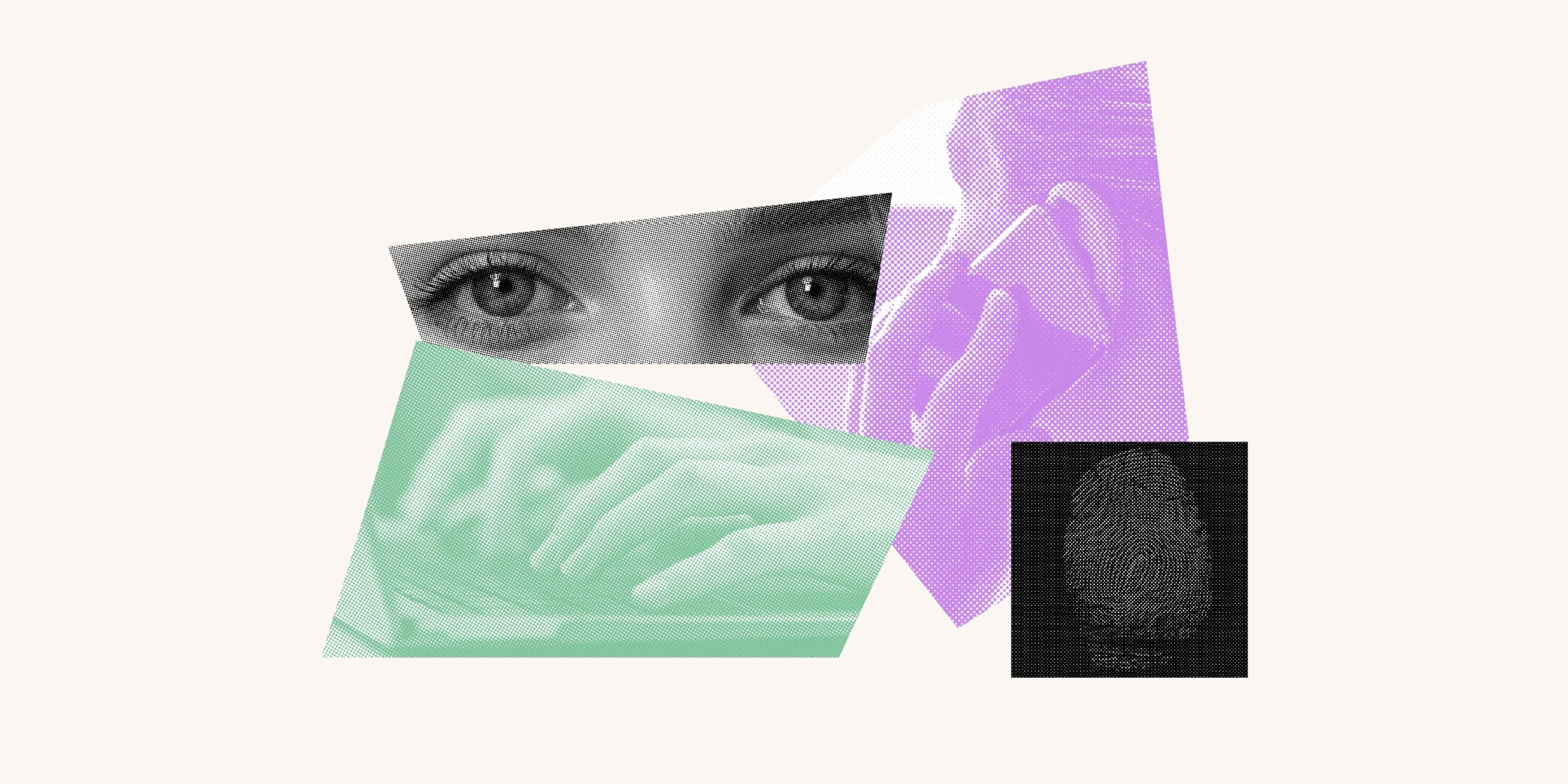
The Latest
Explore More
What's at Stake
Article I of the U.S. Constitution grants Congress the power to issue patents if they “promote the progress of science.” The U.S. Patent and Trademark Office has granted thousands of patents on human genes—in fact, about 20 percent of our genes are patented. A gene patent holder has the right to prevent anyone from studying, testing, or even looking at a gene. As a result, scientific research and genetic testing has been delayed, limited, or even shut down due to concerns about gene patents.
In a landmark June 2013 decision, the U.S. Supreme Court invalidated patents on two genes associated with hereditary breast and ovarian cancer in response to a lawsuit filed by the ACLU and the Public Patent Foundation (PUBPAT) on behalf of researchers, genetic counselors, patients, breast cancer and women’s health groups, and medical professional associations.
The court unanimously and strongly reaffirmed a principle that has existed in case law for over 150 years: Laws of nature, natural phenomena, and abstract ideas cannot be patented. This principle may seem obvious, but companies have sidestepped it for years by cleverly drafting applications that pass muster with the Patent Office.
The court acknowledged the harmful impact on medicine and innovation: “Unlike, say, a typical patent on a new drug or a new way of using an existing drug, the patent claims do not confine their reach to particular applications of those laws [of nature]. ... [T]hey tie up the doctor’s subsequent treatment decision.”
While it is possible for others to come up with a new drug without infringing patents on existing drugs, a doctor cannot invent around the natural reaction of a patient to a drug. We have similarly argued that patents on human genes are a barrier to advancements in medicine and research because they grant a monopoly on the genes themselves.
Article I of the U.S. Constitution grants Congress the power to issue patents if they “promote the progress of science.” The U.S. Patent and Trademark Office has granted thousands of patents on human genes—in fact, about 20 percent of our genes are patented. A gene patent holder has the right to prevent anyone from studying, testing, or even looking at a gene. As a result, scientific research and genetic testing has been delayed, limited, or even shut down due to concerns about gene patents.
In a landmark June 2013 decision, the U.S. Supreme Court invalidated patents on two genes associated with hereditary breast and ovarian cancer in response to a lawsuit filed by the ACLU and the Public Patent Foundation (PUBPAT) on behalf of researchers, genetic counselors, patients, breast cancer and women’s health groups, and medical professional associations.
The court unanimously and strongly reaffirmed a principle that has existed in case law for over 150 years: Laws of nature, natural phenomena, and abstract ideas cannot be patented. This principle may seem obvious, but companies have sidestepped it for years by cleverly drafting applications that pass muster with the Patent Office.
The court acknowledged the harmful impact on medicine and innovation: “Unlike, say, a typical patent on a new drug or a new way of using an existing drug, the patent claims do not confine their reach to particular applications of those laws [of nature]. ... [T]hey tie up the doctor’s subsequent treatment decision.”
While it is possible for others to come up with a new drug without infringing patents on existing drugs, a doctor cannot invent around the natural reaction of a patient to a drug. We have similarly argued that patents on human genes are a barrier to advancements in medicine and research because they grant a monopoly on the genes themselves.
